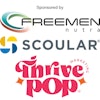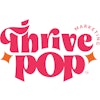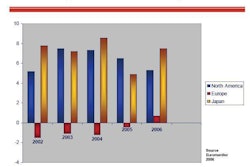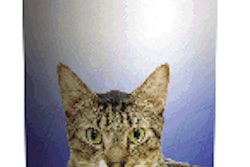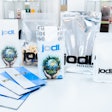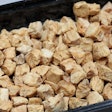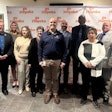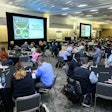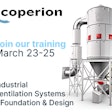"The repercussions from this petfood contamination crisis will be seen for years to come," said traceability expert Julie Lenzer Kirk. "No one is immune and we're all in this together." She was speaking at Petfood Forum on April 18, 2007, as part of a panel discussion on "Traceability: what do you do when something goes wrong?" Following are excerpts from that panel discussion.
What pet owners are thinking
"Consumers are trying to figure out how they can control the situation," observed Dr. Doug Powell, the scientific director of the International Food Safety Network. "In any risk situation, they ask: 'What can I do?' We hear pet owners saying that they're going to try the BARF diet and petfoods that are more natural, because they believe it's a way to control things. It's not. Petfood safety starts at the farm."
"I think what the last month has caused the American public to realize is that it is a global marketplace," noted Matt Frederking, manager of regulatory compliance for Southern States Cooperative. "We now have to manage risk in a global economy."
QA systems
"The turmoil in the past several weeks comes down to knowing where you're buying your ingredients," said Frederking.
Powell concurred, saying, "What consumers see is the brand name. Your name's on it, you sell an unsafe product, you're liable. The lesson is know your suppliers, and this goes way beyond HACCP, checklists and so forth; that's all paper." He thinks you need to have your people on the ground watching to see that suppliers are doing what they say they are doing. "Producers know how to cheat, they don't like paperwork and they know how to get around it," said Powell. "You need to build trust with your suppliers."
Ladd Hardy, senior VP marketing at Nutro Products, noted that, "Since it is impossible to test for every possible contaminant, we do feeding trials on every batch of dry petfood we make. That batch is held until it passes the feeding trial." Due to the recalls, Nutro is starting the same procedure for its wet petfoods.
"Companies are about making money and when there's an outbreak, everybody pays attention to their QA experts," noted Powell. "But in the absence of an outbreak, maybe they don't pay enough attention. The challenge is getting people to take this stuff seriously in the absence of an outbreak."
What to do when it happens
"You need to be able to tell the story of what you do and further, you need to back it up," said Powell. You need clear and consistent communication. You need to be open and transparent about your methodologies and about what you are doing. You need to demonstrate that you understand what's happening. "People will vote with their pocket books if you act in a trustworthy way," noted Powell.
"It's all going to change," said Hardy. "We felt that we had adequate safety measures in place and that we had adequate checks on everything, but as it turns out we didn't." Nutro will make its new quality assurance program public very soon. "We've got to," he said. "It just breaks your heart to see products with your name on them taking this kind of a beating. Whatever we have to do at whatever level of cost and diligence, we have to do it."
